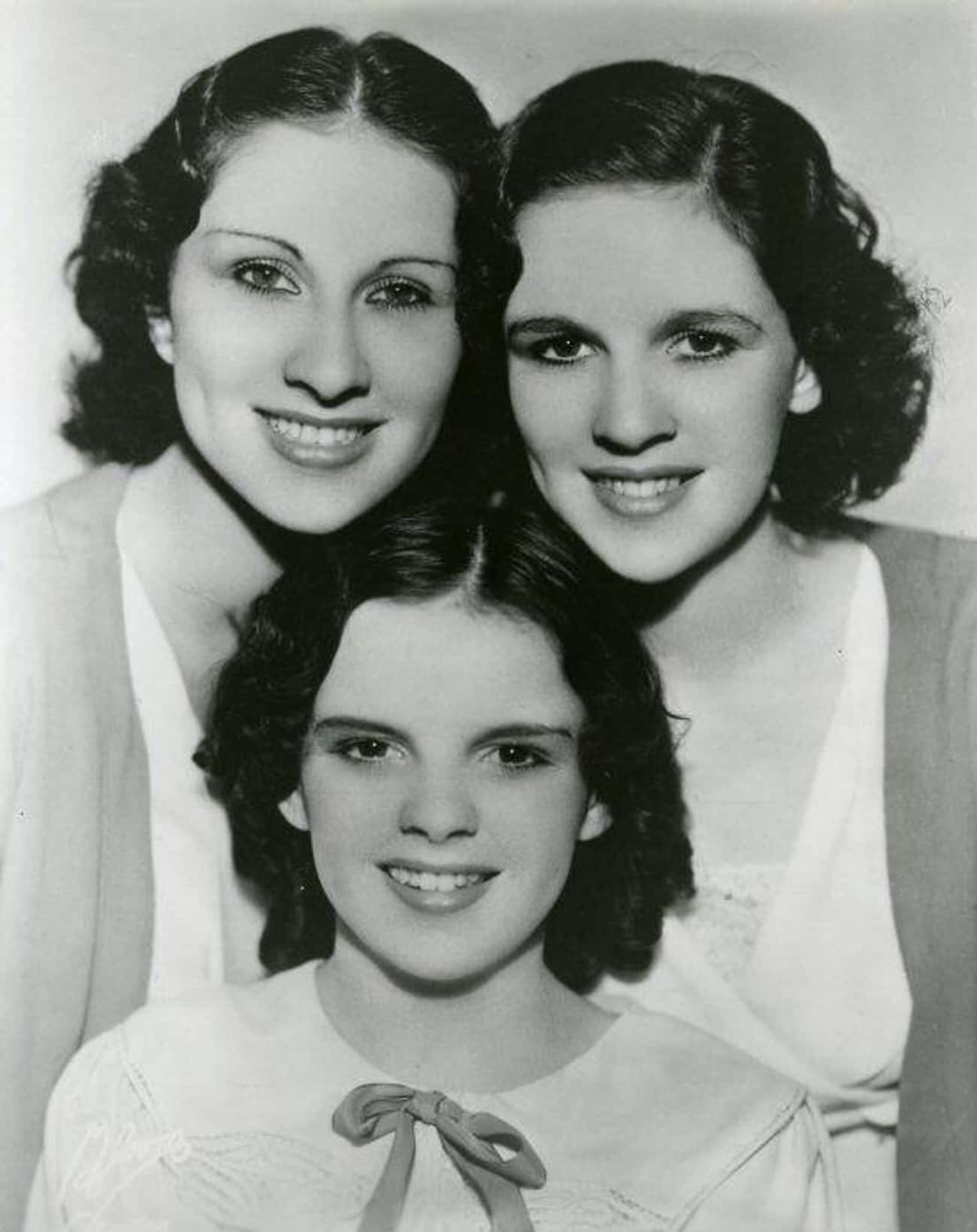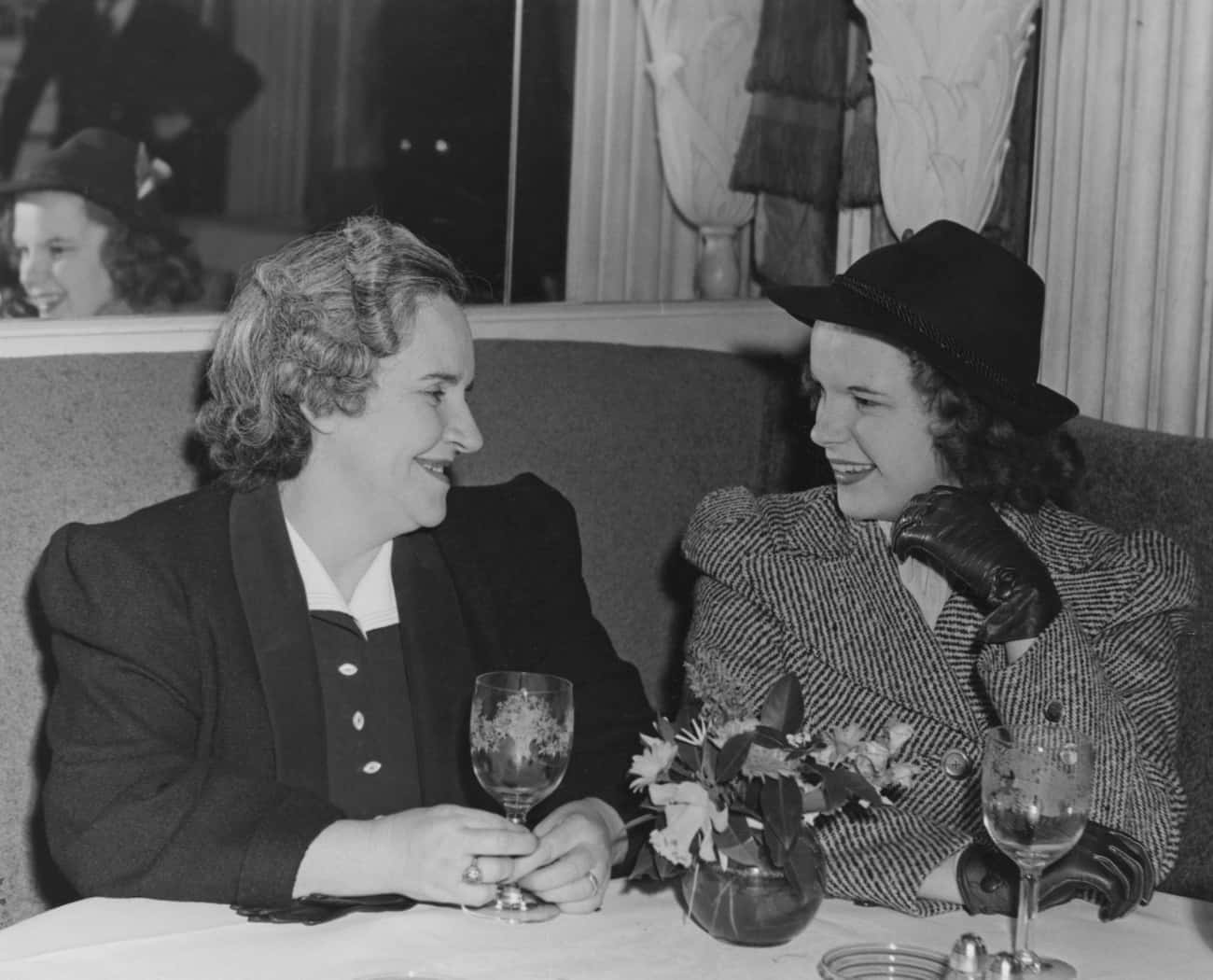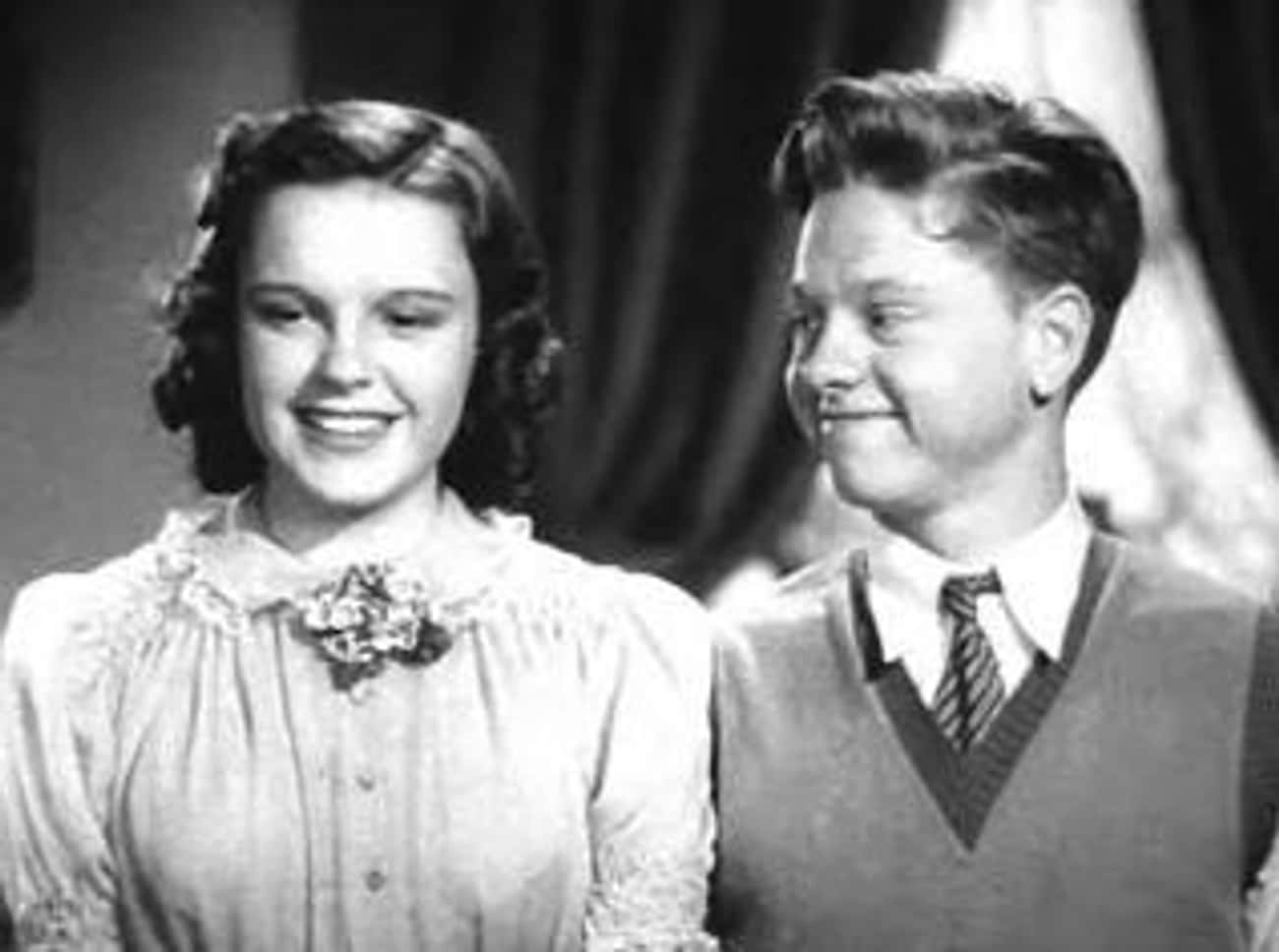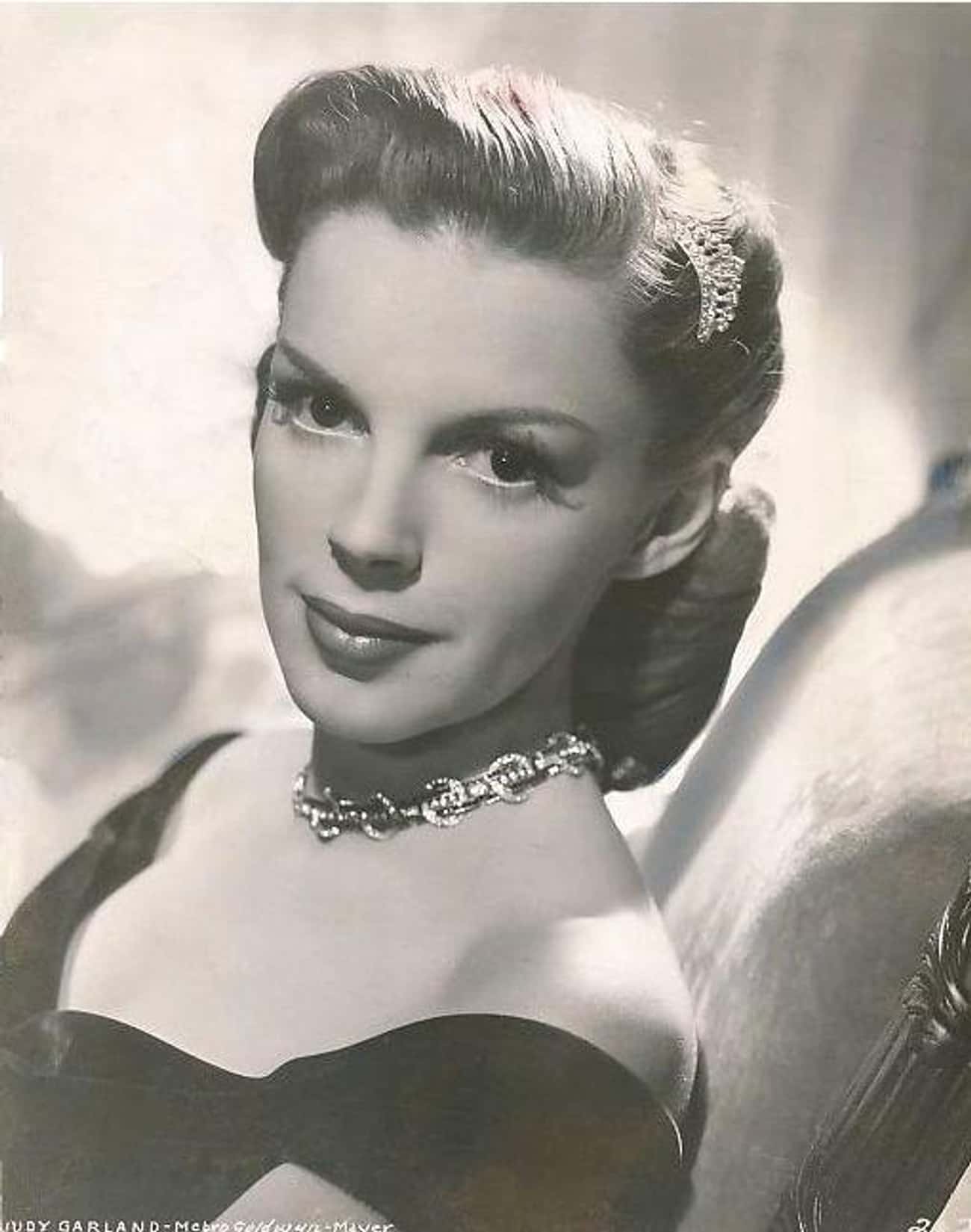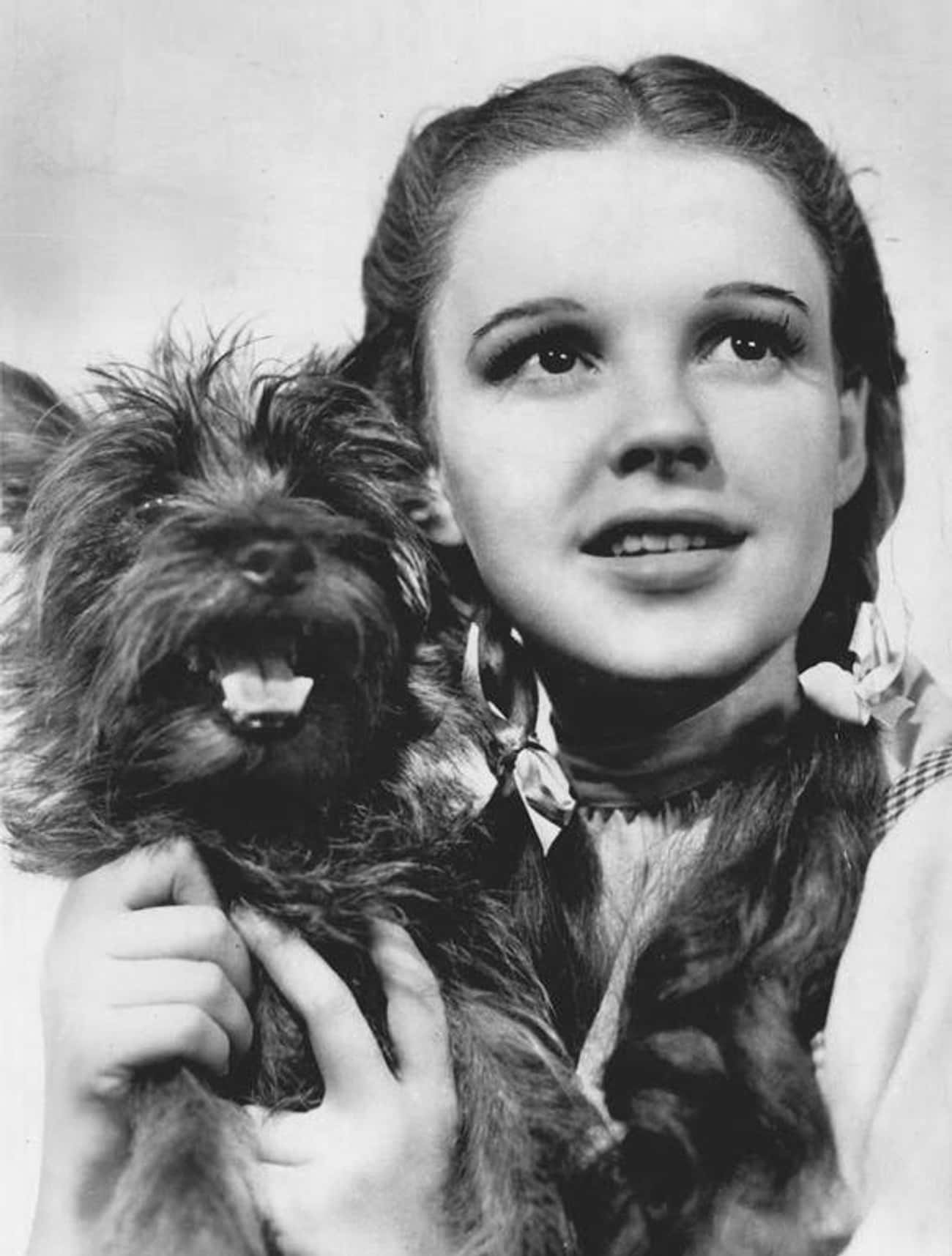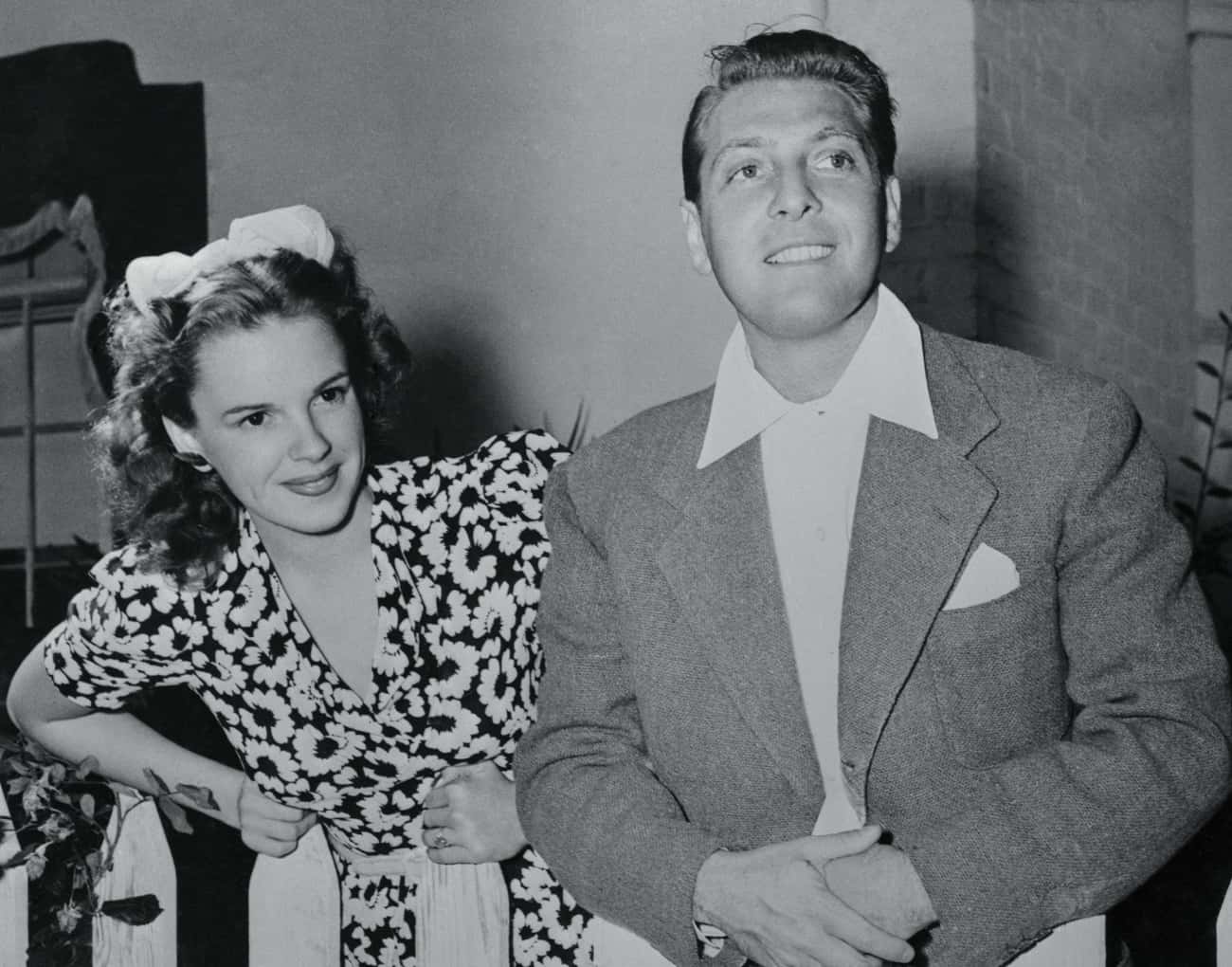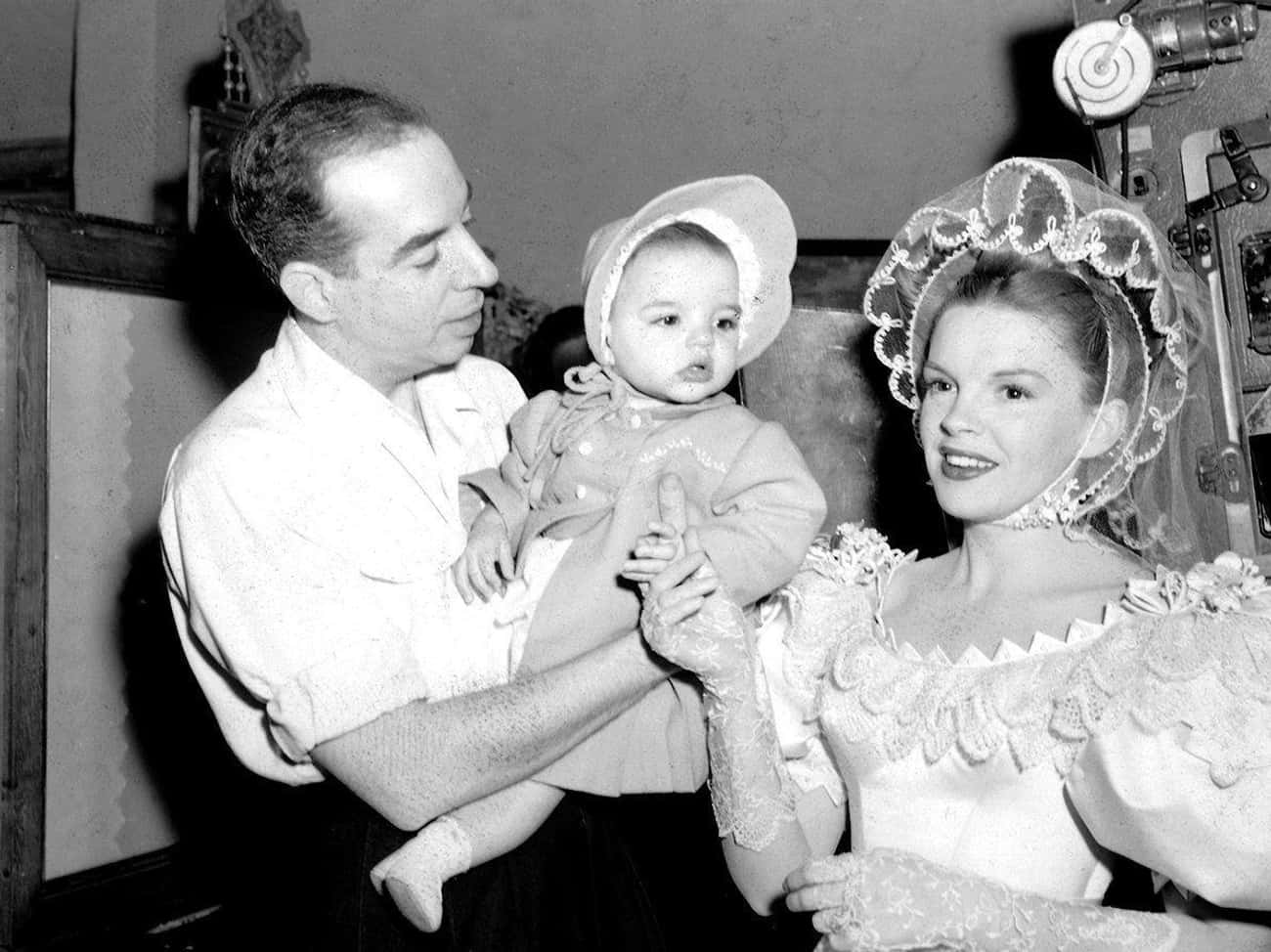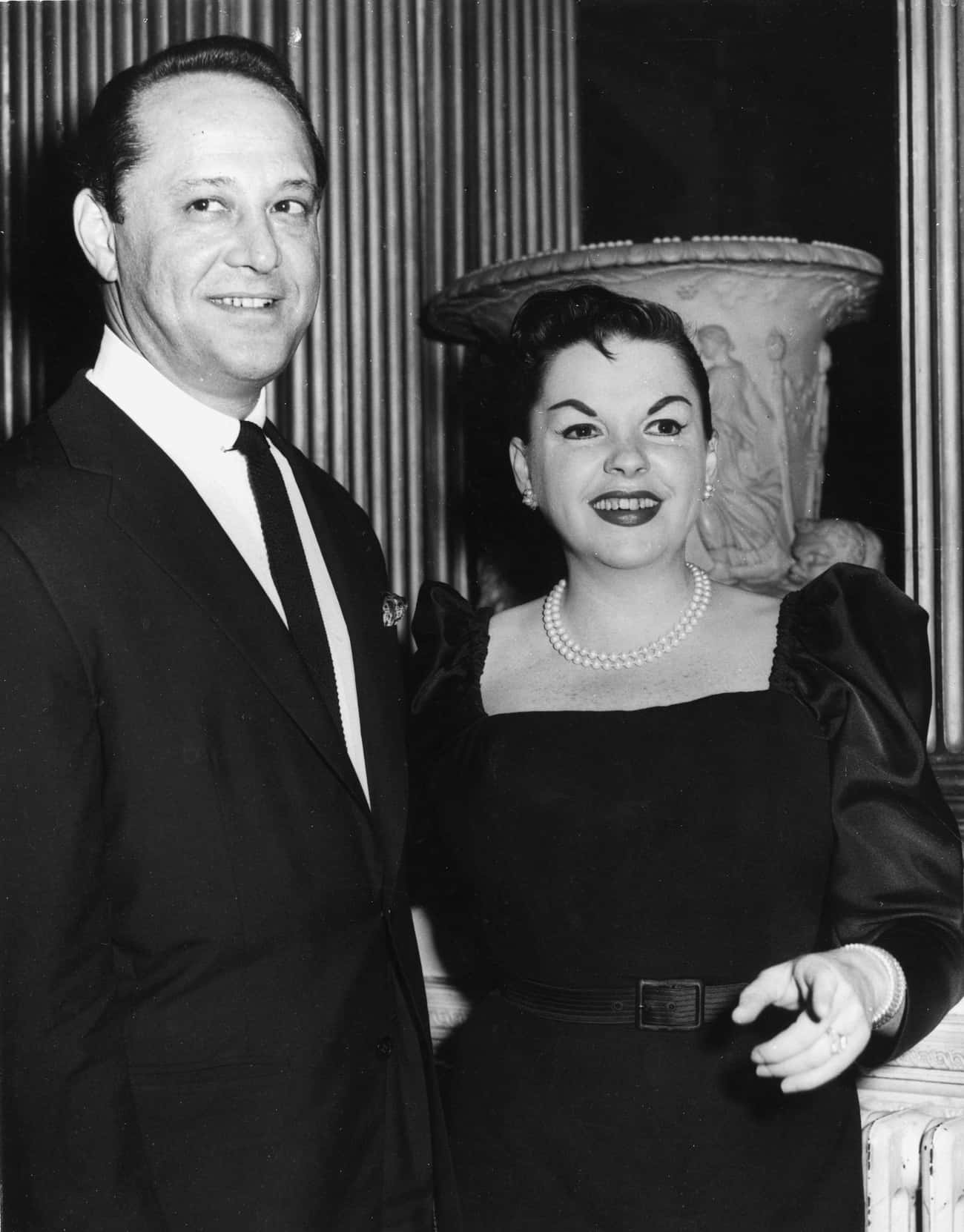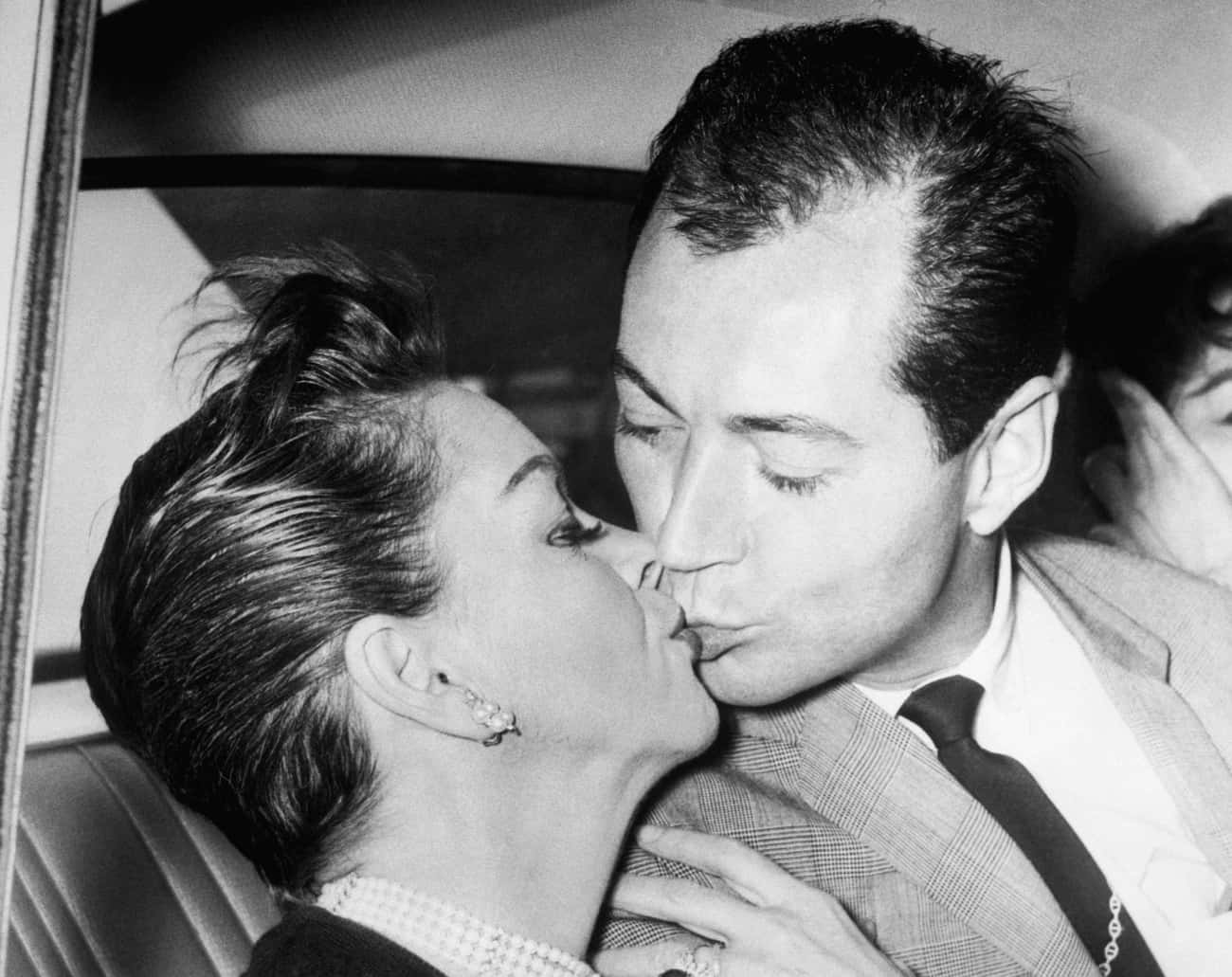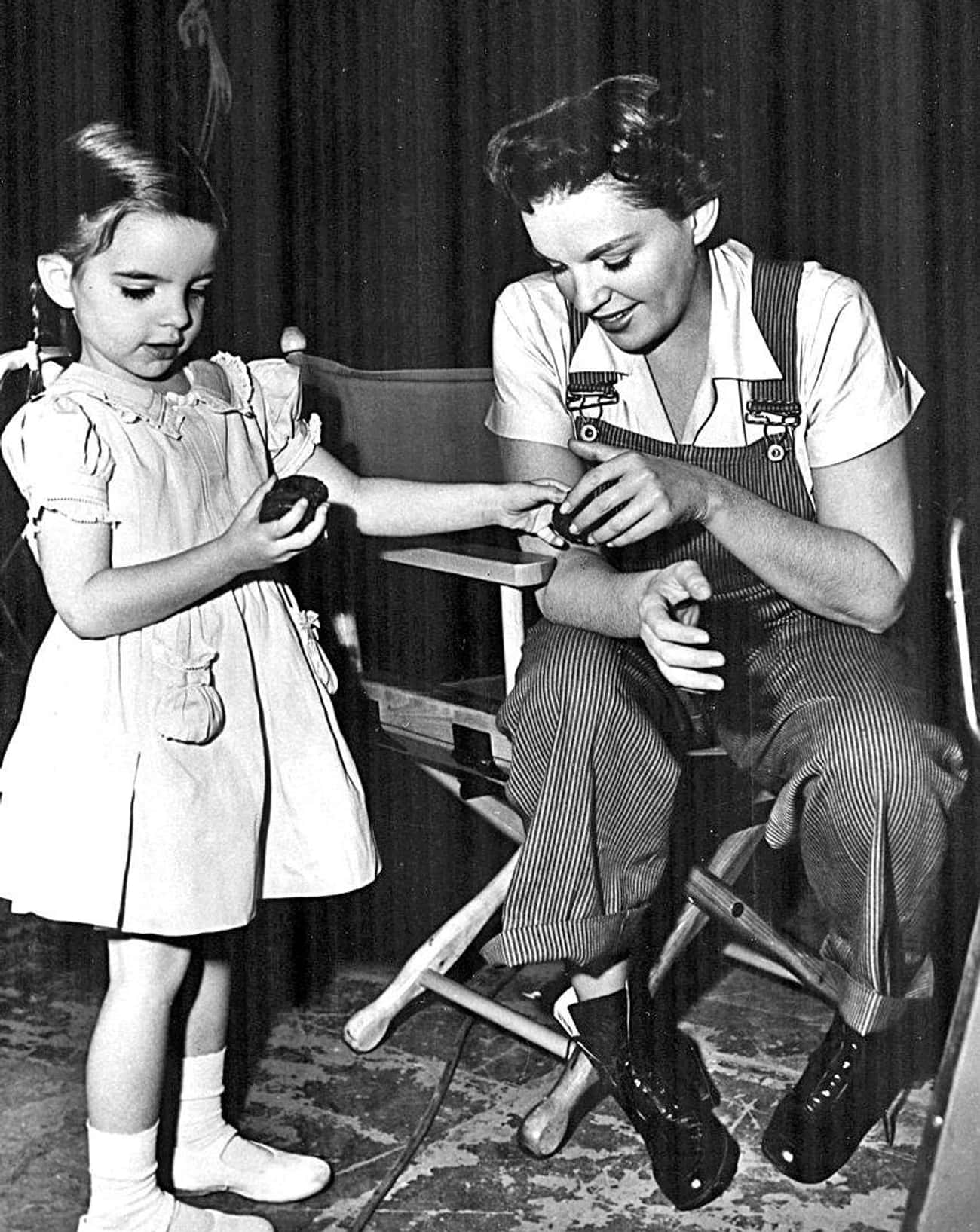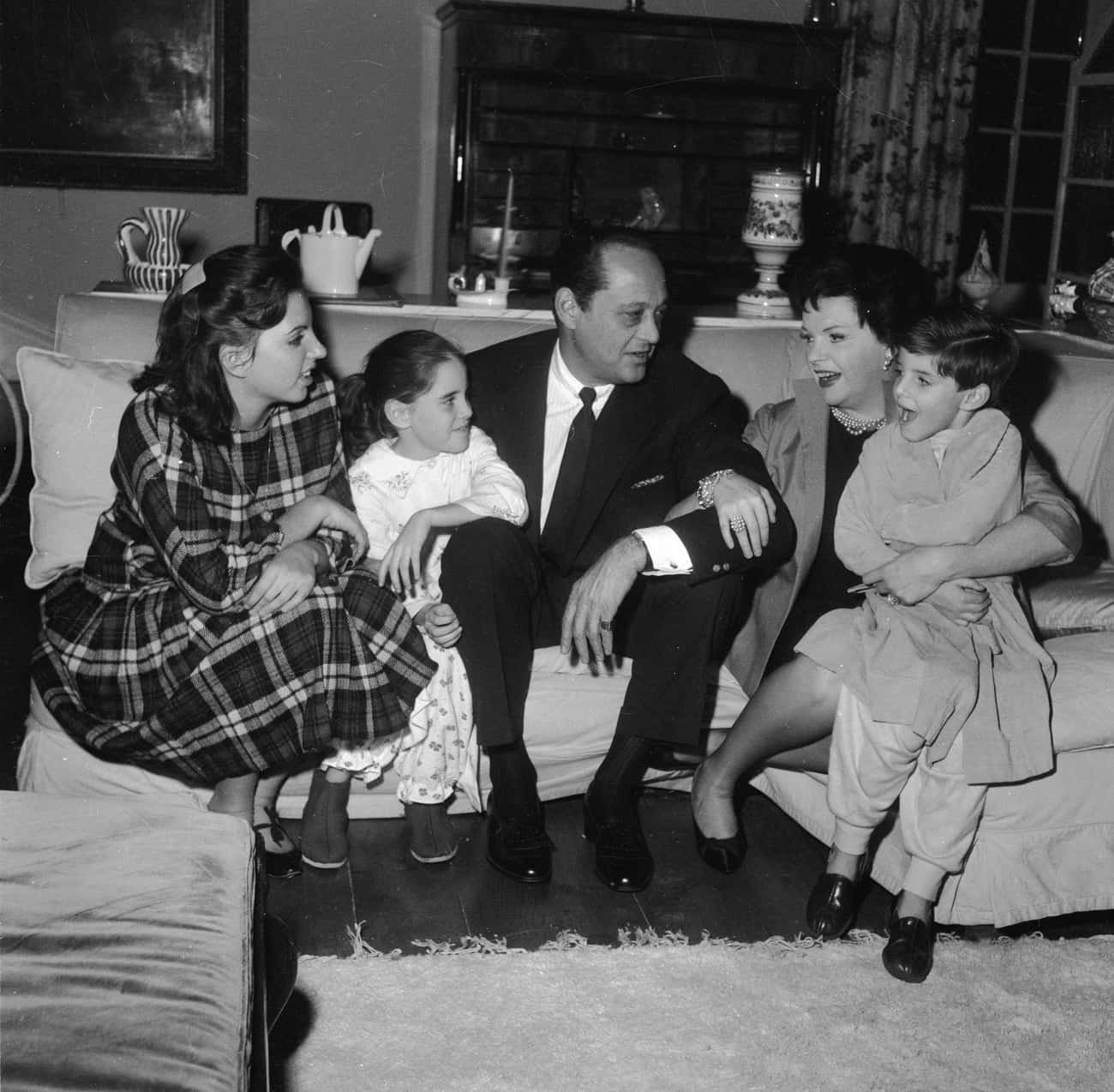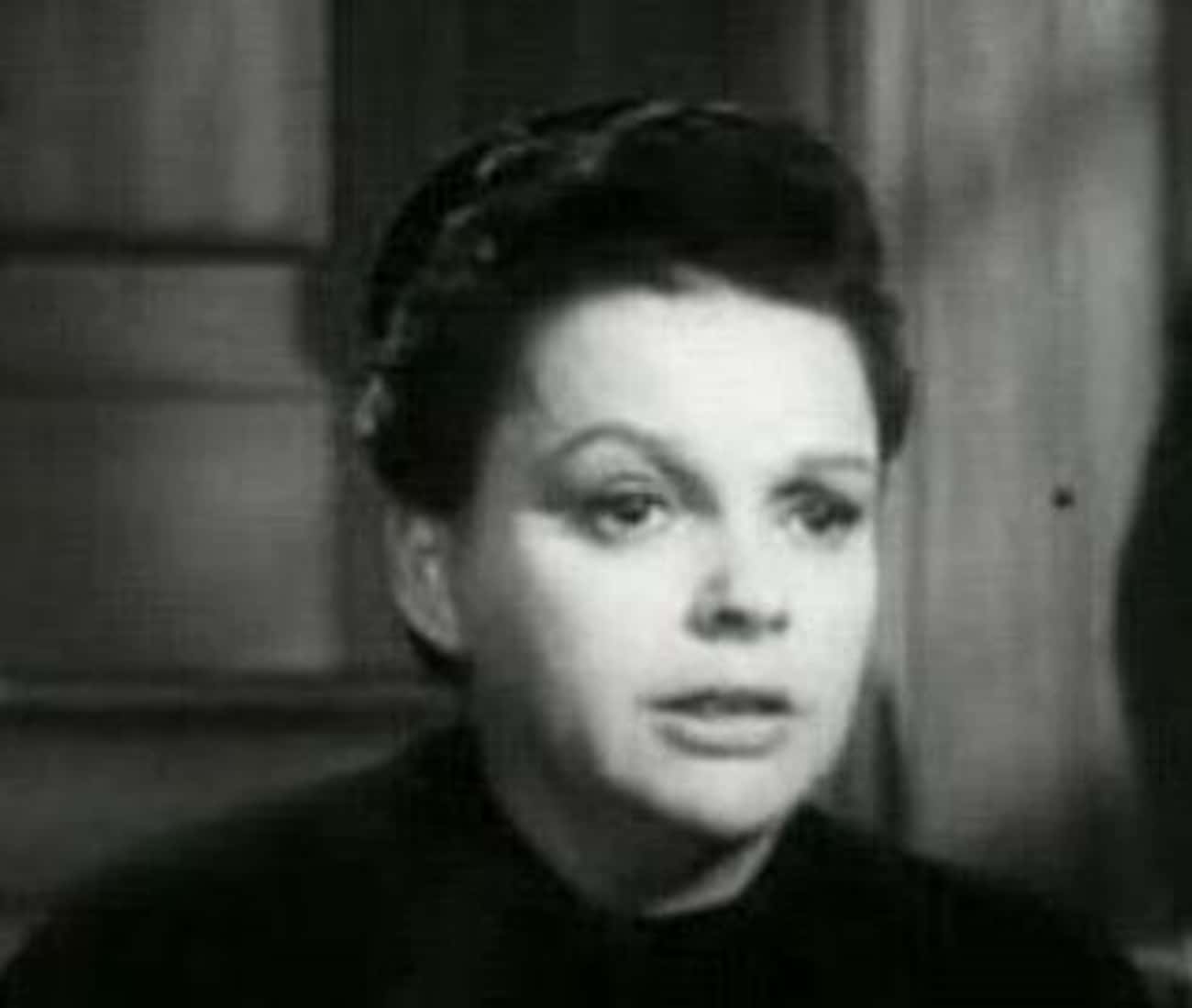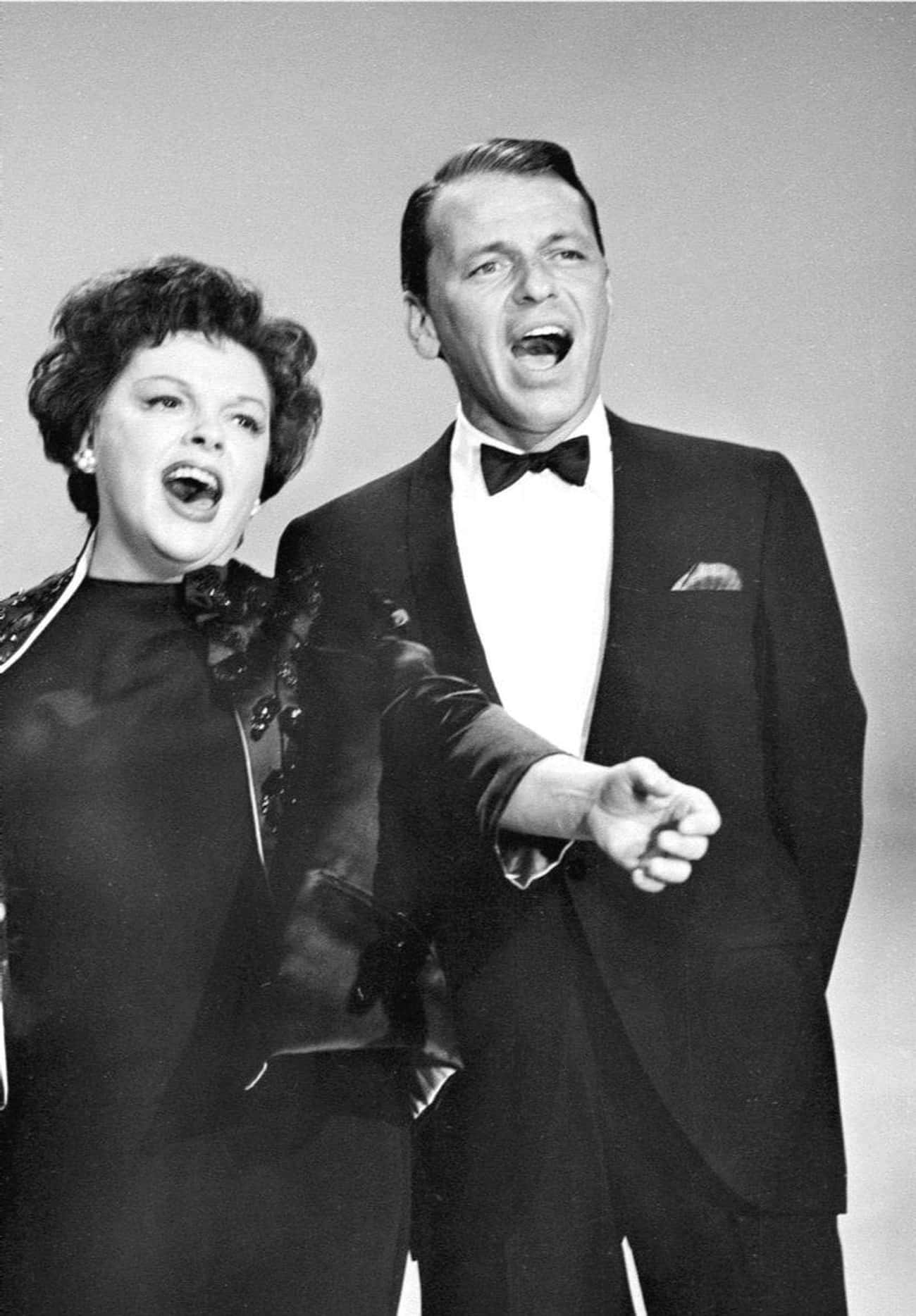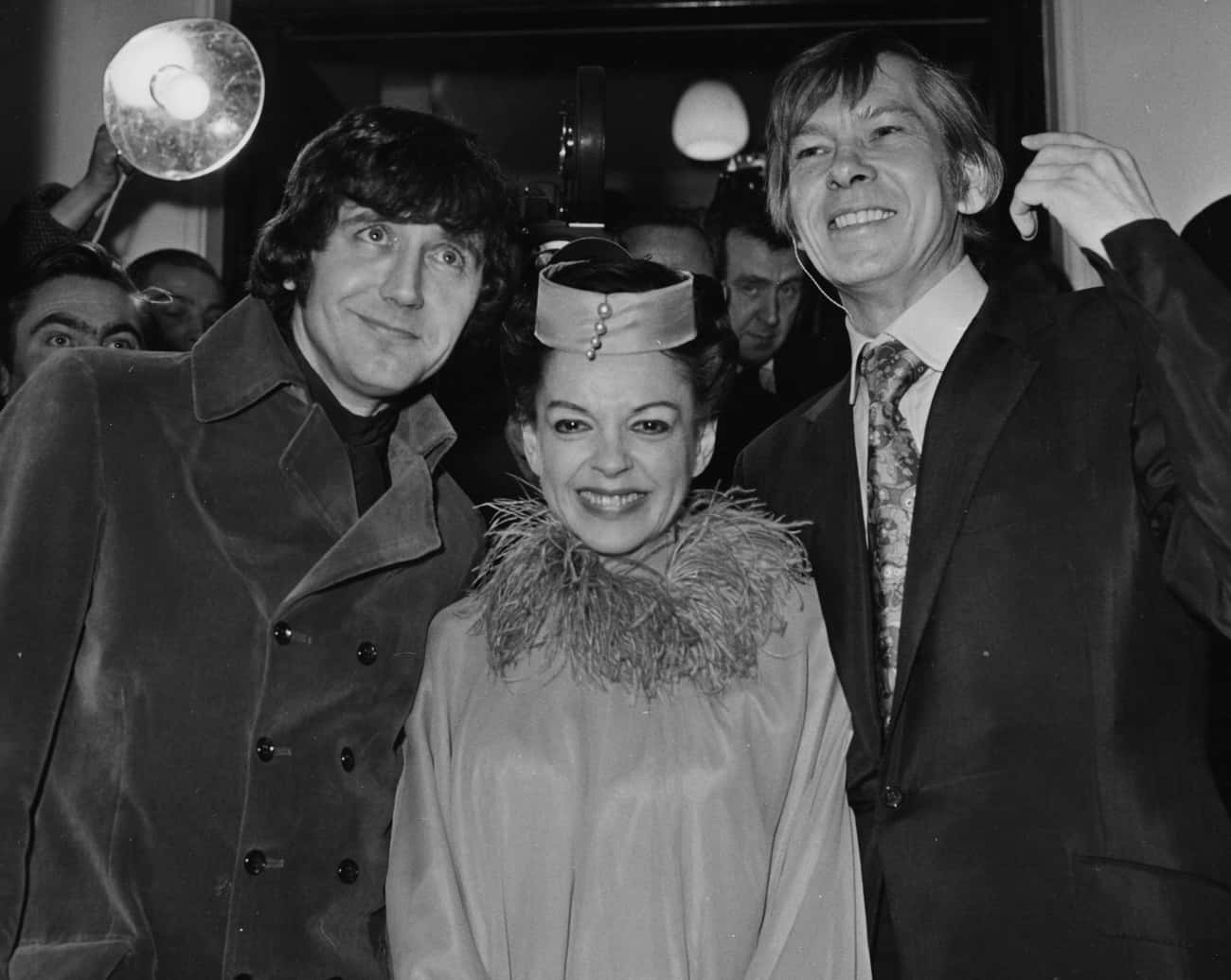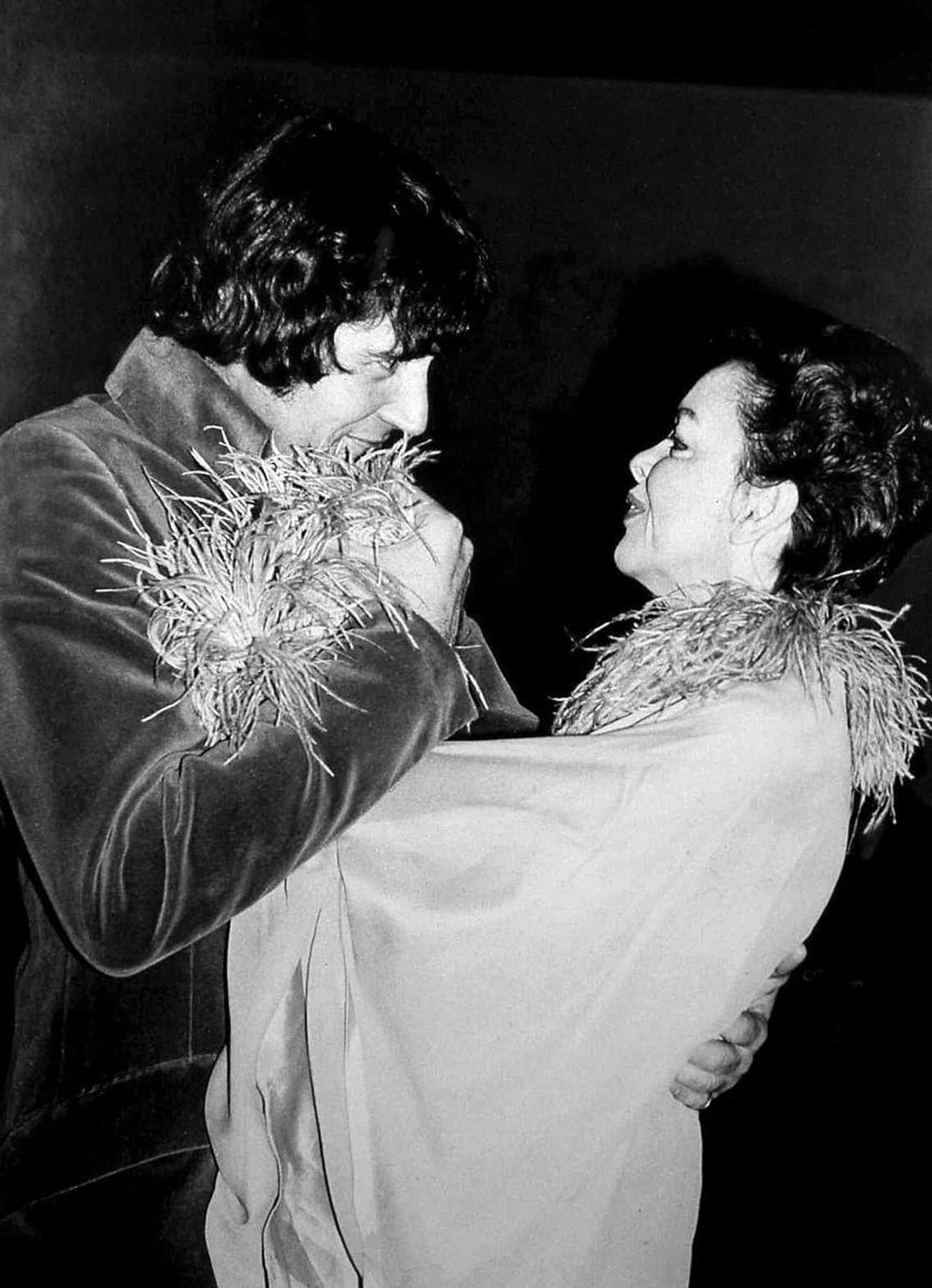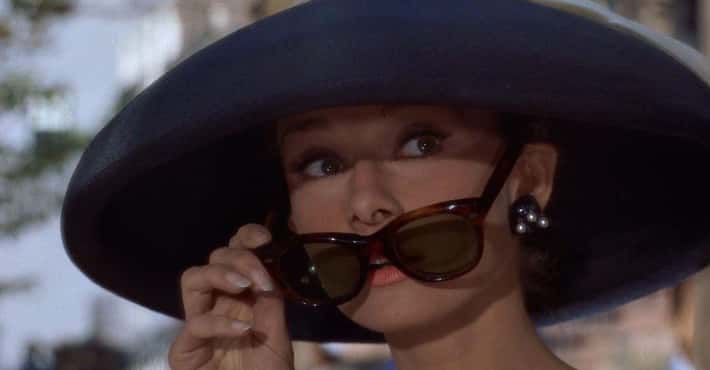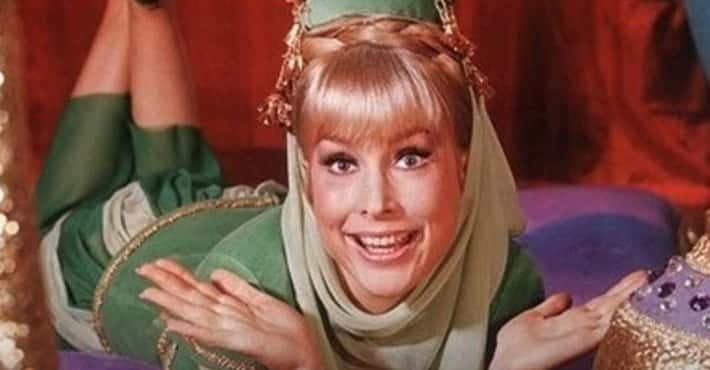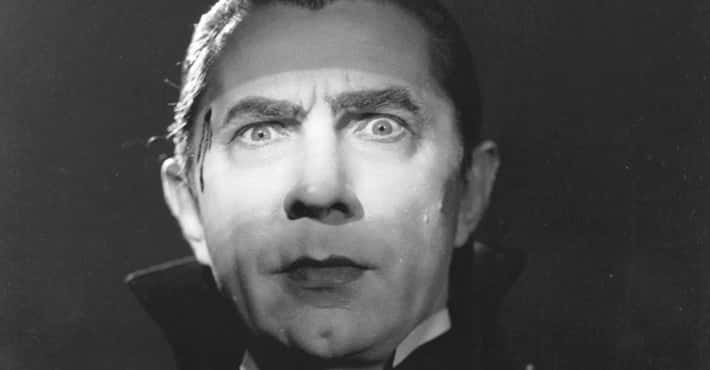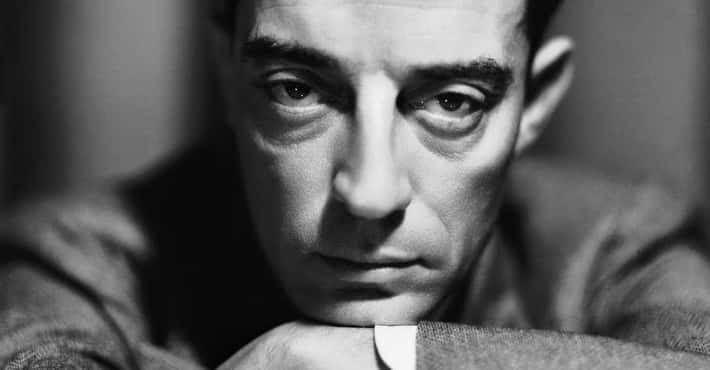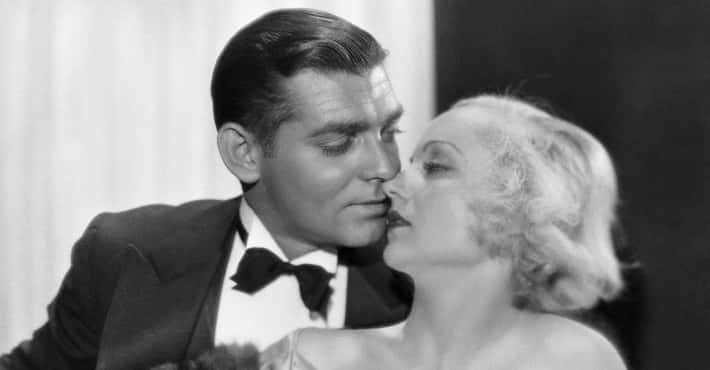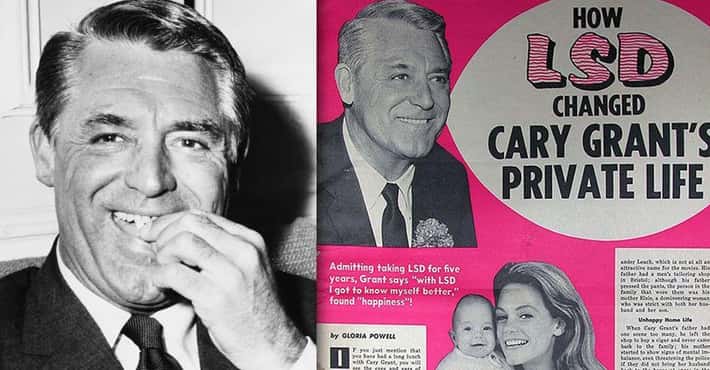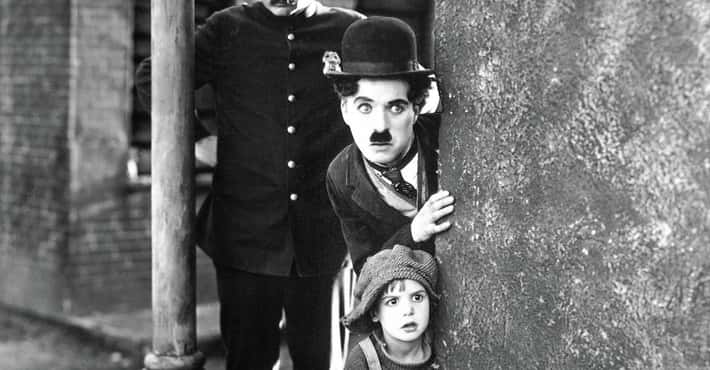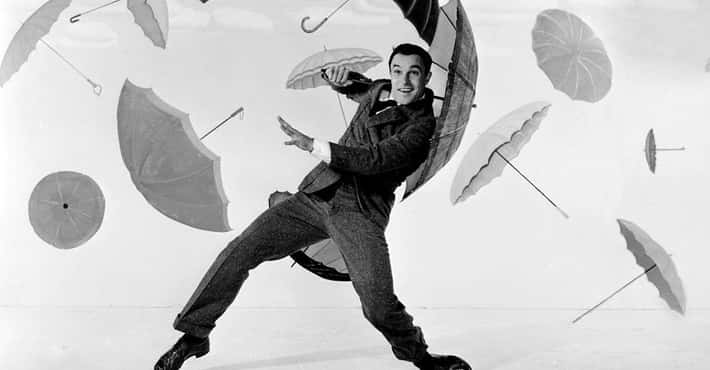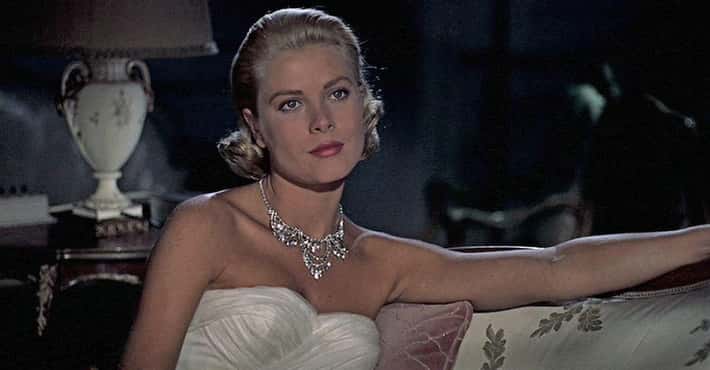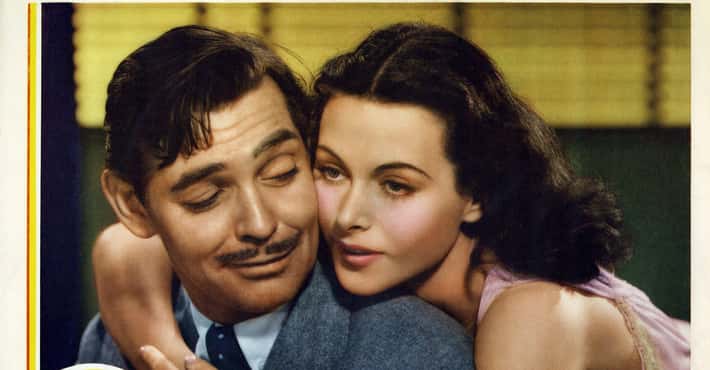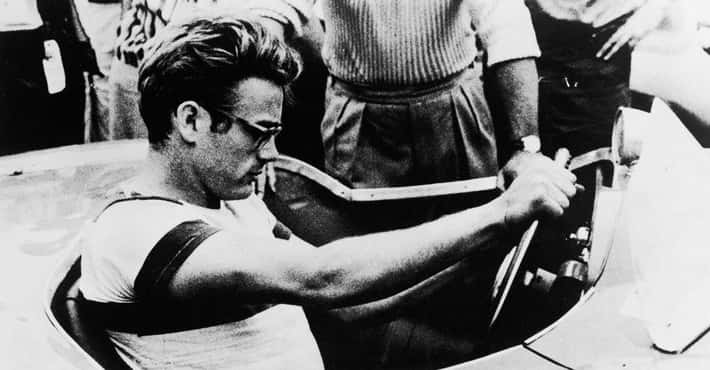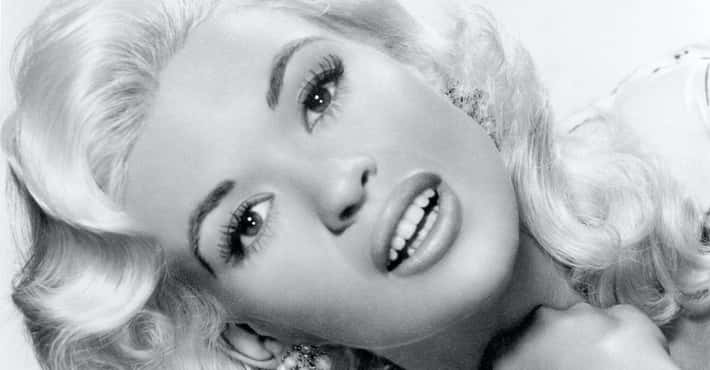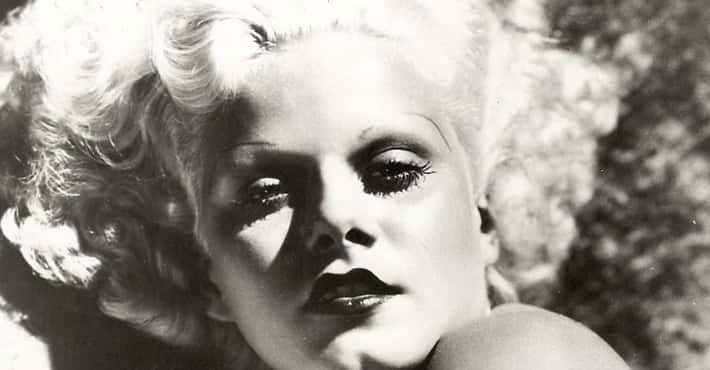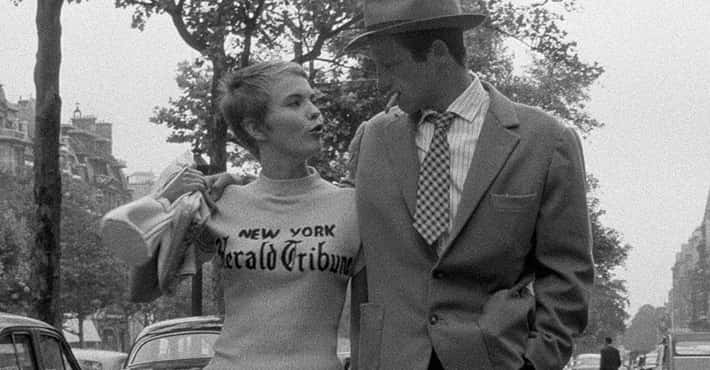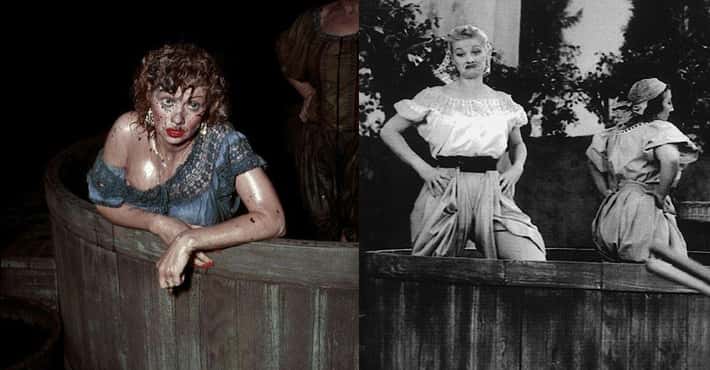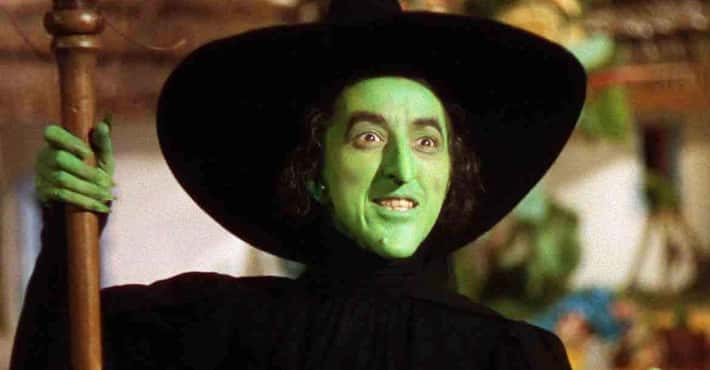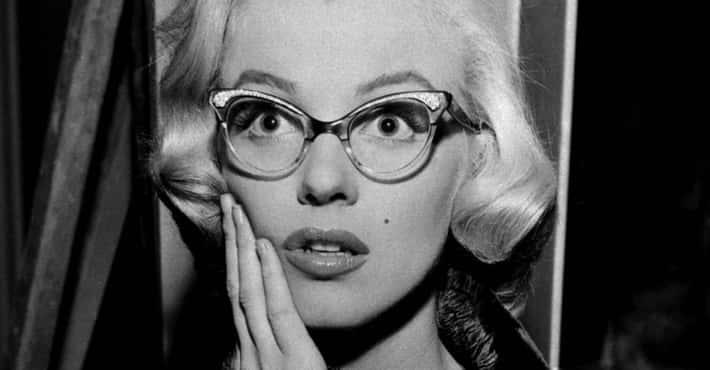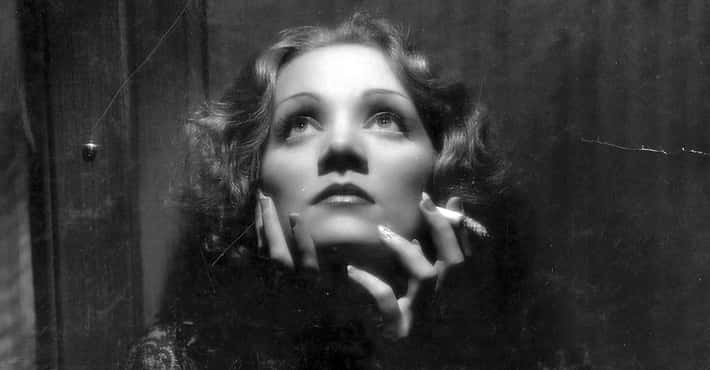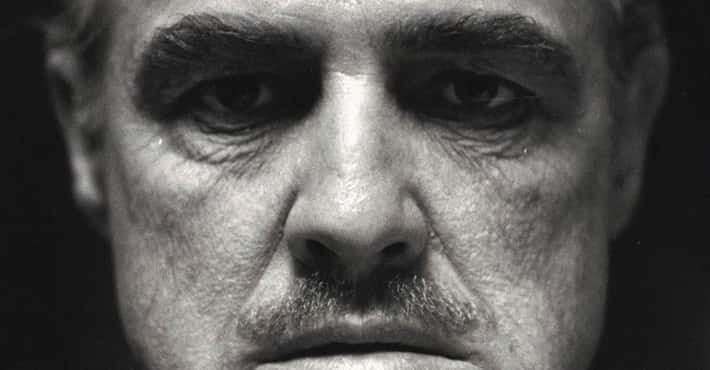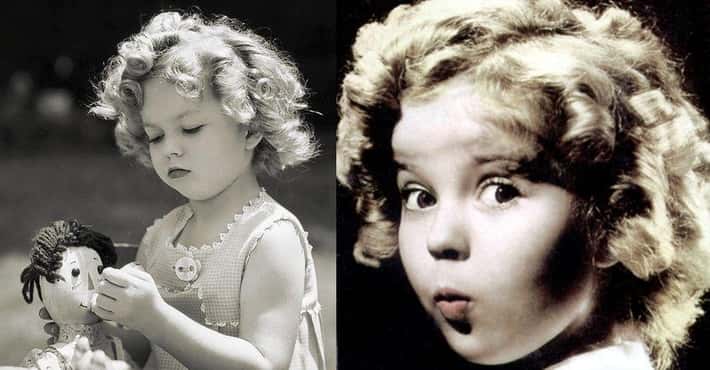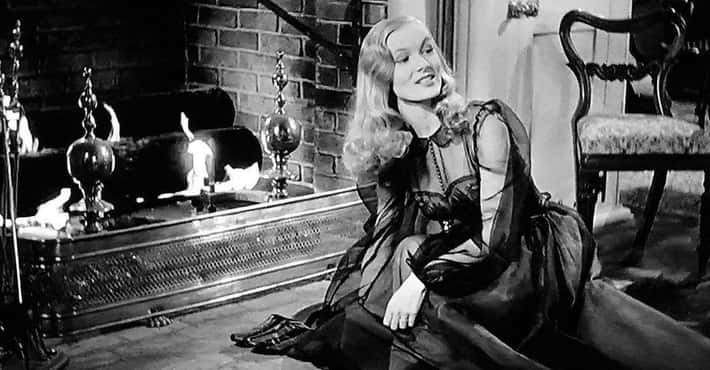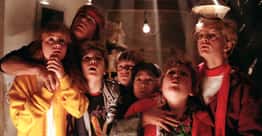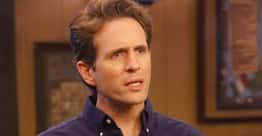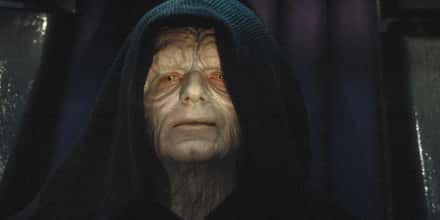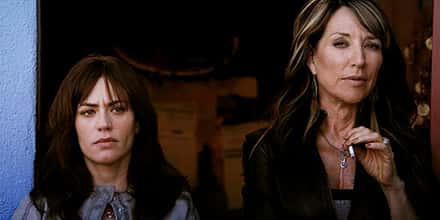Tragic Stories From The Life Of Judy Garland
- Photo: Unknown / Wikimedia Commons / Public Domain
Her Childhood Was Dominated By Her Ambitious Stage Mom
Judy Garland was born Frances Ethel Gumm in Grand Rapids, MN, on June 10, 1922. She almost wasn't born at all; her mother - who had two children at the time - initially consulted doctors about the possibility of abortion, but doctors talked her out of it.
Mrs. Gumm, a frustrated vaudevillian, put young Frances onstage when she was only two-and-a-half years old, adding her to an act with her two sisters. The Gumms relocated to Lancaster, CA, when Frances was 4 years old; Ethel wanted to get her children as close as possible to the film and entertainment center of Los Angeles.
Later, the actress remembered her mom as "the real Wicked Witch of the West."
- Photo: R. Gates/Staff/Getty Images
Her Parents Had An Unhappy Marriage Of Convenience
Frances's father, Frank Gumm, was also a vaudevillian. His marriage to his wife cemented their song-and-dance duo, if nothing else. But as biographies have detailed, Gumm was reportedly bisexual, and began making sexual advances to the teenage male ushers and students who frequented the movie theater the family owned. According to some sources, the rumors of Gumm's affinities were what ultimately drove the family to move to California.
Her parents' troubled relationship hurt young Frances. She later said, "As I recall, my parents were separating and getting back together all the time. It was very hard for me to understand those things and, of course, I remember clearly the fear I had of those separations."
Garland's father died in 1935, shortly after she signed with MGM.
- Photo: Love Finds Andy Hardy trailer / Wikimedia Commons / Public Domain
She Was Forced To Diet And Modify Her Body To Appear Childlike
After their arrival in California, the Gumm Sisters decided to change their names. How this actually occurred is a subject of debate, but the trio became the "Garland Sisters" and Frances picked the name Judy.
In 1935, 13-year-old Judy Garland signed her first contract with MGM. Because Garland was more wholesome than the studio's "bombshells," she was given roles that perpetuated a childish, teenaged appearance. She was paired with Mickey Rooney in several popular and lucrative films, and the studio demanded that she maintain an immature appearance for as long as possible. She was forced to constantly diet and her chest was bound to keep her looking less developed.
Throughout this process, her mom, who served as both her guardian and manager, was quite comfortable with the studio's abusive control of Garland's physical appearance.
- Photo: Metro-Goldwyn-Mayer / Wikimedia Commons / Public Domain
Studio Head Louis Mayer Referred To Her As His 'Little Hunchback'
That autocratic MGM studio head Louis Mayer openly referred to Garland as "My Little Hunchback" is enough, but Mayer also routinely assaulted the star, touching her inappropriately under the guise of telling her that she "sang from the heart." When Garland finally confronted him about this behavior, Mayer feigned shock and said he felt he was like a father to her.
Mayer also contributed to the process of keeping Garland as juvenile as possible, even if that required taping down her chest, fitting her with a painful corset to squeeze into her Wizard of Oz dress, and continually assigning her parts that were well below her age. None of this helped Garland's mental state, and eventually her neuroses and defiance got her fired from MGM in 1950.
- Photo: NBC Television Network / Wikimedia Commons / Public Domain
She Had To Smoke And Take Drugs While Filming 'The Wizard of Oz'
Garland was 17 when she starred in MGM's 1939 technicolor fantasy The Wizard of Oz. While this film catapulted her to stardom, Garland paid a very heavy personal price.
With an intense focus on this major production, MGM executives were especially strict in their continued efforts to control the actress's physical appearance and diet. Garland had minders who snatched plates of food from her at the studio commissary, and she was encouraged to keep to a diet of black coffee and as many as 80 cigarettes a day. Garland was also given an assortment of stimulant and depressive drugs to help her finish the film and complete an exhausting promotional road show with her frequent on-screen companion Mickey Rooney. This practice likely kickstarted the substance abuse problem that perpetually plagued her and ultimately led to her demise.
You might think her co-stars would help, but even they reportedly ignored and ostracized her. They were adults who didn't want to be upstaged by a teenage actress who was getting the star treatment as well.
Her First Marriage Was An Ill-Fated Escape Attempt From Her Mother
Between dealing with harassment and ridicule from studio executives, hostility toward her domineering mother, and a belief that having a husband would shield her from all of the various bullies in her life, 19-year-old Garland decided to get married to bandleader David Rose. Despite ultimatums from both her mother and Louis Mayer, who both disliked the idea of the public no longer being able to perceive Garland as a young and innocent waif, Garland went through with the marriage on July 28, 1941.
Garland quickly became pregnant, but Rose – and several others – convinced her to have an abortion. Garland and Rose separated after only eight months, and officially divorced in 1944.
- Photo: TCM / Twitter / GNU Free Documentation License
She Found Her Second Husband In Bed With Another Man
Rumors of Vicente Minnelli's openly gay lifestyle in New York were swept under the rug in Los Angeles, where such behavior was unacceptable in the mainstream film industry.
Garland met Minnelli, her second husband, when he directed her in Meet Me In St. Louis, a film that finally allowed Garland to appear as an attractive woman rather than a gawky child. They got married on June 15, 1945.
Garland and Minnelli had a daughter, Liza, but a 20-year age difference and Garland's erratic personality and substance abuse put a strain on their relationship. Then, in 1948, Garland unexpectedly returned home to find her husband lovingly embracing their male employee. In response, she ran to the bathroom and attempted to cut her wrists. Minnelli stopped her before she seriously hurt herself.
The couple separated in 1949 and officially divorced in 1951.
Her Third Husband Drank And Gambled Away Most Of Her Money
Garland's career was in decline when she met Sidney Luft, a tough New Yorker involved in the fringes of the film industry. The couple married in 1952, and Luft assumed the role of Garland's manager. Their partnership resulted in the acclaimed A Star Is Born, a film that re-ignited Garland's career and earned her an Academy Award nomination. But Garland lost out to The Country Girl's Grace Kelly, and Warner Bros, canceled Luft's production contract that called for Garland to appear in two more pictures.
Things weren't easy at home, either. Luft was a compulsive gambler and alcoholic who burned through most of Garland's sizable earnings. She finally divorced him in 1960 after realizing she was broke.
In 1993, Luft tried to sell Garland's 1939 honorary Oscar and the replacement statuette she had received after claiming the first one disappeared. The Academy took Luft to court, and he was forced to pay $60,000 in damages.
Her Fourth Husband Slept With Her Daughter's Husband
Garland already had a history of getting involved with gay men when she took up with Mark Herron. The couple married in Las Vegas in November of 1965 – despite Herron's openly gay relationship with another actor. Liza Minnelli, Judy's daughter, eventually found Herron in bed with her husband, Peter Allen, a musician.
Unofficially, Herron and Garland separated after five months; Garland was granted a divorce in 1967. Herron returned to his male companion, with whom he lived for the next 25 years.
- Photo: Unknown / Wikimedia Commons / Public Domain
She Was Shunned By Her Daughter
As Garland's substance abuse issues worsened in the 1950s and '60s, her teenaged daughter Liza Minnelli had to essentially manage the household and the other, younger children. Minnelli saved her mother's life on several occasions, preventing drug overdoses and once even physically restraining Garland from jumping out of a hotel window, according to Gerald Clarke's biography of the actress, Get Happy.
As a successful adult, Minnelli soon grew tired of emotionally and financially supporting her mother. She refused to come to the telephone when Garland called, and even specifically banned her mother's access to her Manhattan apartment building. When Garland called the front desk, the doorman would brusquely inform her that, "Miss Minnelli is not accepting any calls from her mother."
She Threw A Knife At Her Son
After Liza Minnelli got married and began to establish her own career, the job of being Garland's full-time caretaker fell to her younger daughter, Lorna Luft. Luft recalled talking her mother down from suicide threats and the difficulty of managing a parent with addiction issues as severe as her mother's. Once, Garland even hurled a knife at her son, Luft's younger brother Joey.
Luft blamed her mother's behavior on a massive drug problem in which she consumed Ritalin and amphetamines at 20 times the normal dosage. Luft finally left her mother at the age of 16, unable to cope with her demanding and out-of-control parenting.
- Photo: Judgment at Nuremberg trailer / Wikimedia Commons / Public Domain
She Was Fired From 'Valley of the Dolls'
In February of 1967, Garland signed a contract with 20th Century Fox to play Helen Lawson in the film adaptation of Valley of the Dolls. The character was an older woman with a nasty temper.
Although Garland was able to get through wardrobe tests and pre-recorded a song, trouble started when the filming of the movie began in March of 1967. Garland refused to come out of her dressing room, with some sources claiming Garland was never really comfortable with the role or the film. Whatever the reason, Garland was very publicly terminated by the end of April of 1967, receiving a settlement payment of $37,500, half of her intended salary.
- Photo: CBS Television / Wikimedia Commons / Public Domain
She Got A Book Contract In 1960 But Never Finished The Manuscript
In 1959, Garland was recuperating from hepatitis and cirrhosis of the liver in a Manhattan hospital when she was visited by Random House editor Bennett Cerf. He offered her a $35,000 contract for her autobiography, a memoir that she promised would be a frank and open tell-all about her turbulent career and emotional life. She made it through 65 pages of tape recordings before returning to Los Angeles, but the book was never completed.
In 1966, desperate for a payday, Garland approached Random House, hoping to rekindle the deal. The publishing house declined the offer. The $35,000 was long gone, like most of her assets at the time.
She Was Essentially Destitute And Homeless In Her Last Years
By 1968, Garland had alienated her children, her colleagues, and just about anyone who could help her professionally. She was so destitute that she was forced to prevail upon fans, who would take her in and let her sleep on the couch, her possessions stored in a couple of paper shopping bags.
One of these individuals, John Meyer, was able to get her some gigs in a small gay bar in Manhattan. Garland would struggle through a few songs and be paid a $100 bill, the only compensation that would be safe from the IRS, who was hounding her for back taxes.
- Photo: Allan warren / Wikimedia Commons / CC BY-SA 3.0
She Died Three Months After Marrying Her Fifth Husband
Mickey Deans was managing a nightclub in New York in 1966 when he met Garland; a friend asked him to deliver some pills to her in her hotel suite. Deans became one of the many men who attempted to rescue Garland and re-ignite her career in her later years, though most gave up due to her erratic behavior and drug use. Deans, who was 10 years younger than Garland, dated the actress off and on for several years before proposing to her in 1969. They were married in London on March 15, 1969. Judy commented at the time about the marriage: "I finally got the right man to ask me, I've been waiting for a long time."
Deans discovered 47-year-old Garland dead in their bathroom on June 22, 1969. A coroner ruled her death an accidental overdose of barbiturates.
Despite her very public fall from grace, Garland's viewing in New York City was attended by 20,000 people. She was eulogized by her A Star is Born co-star James Mason, and her star-studded funeral was a sad affair honoring a great talent who was never really able to grow up.


